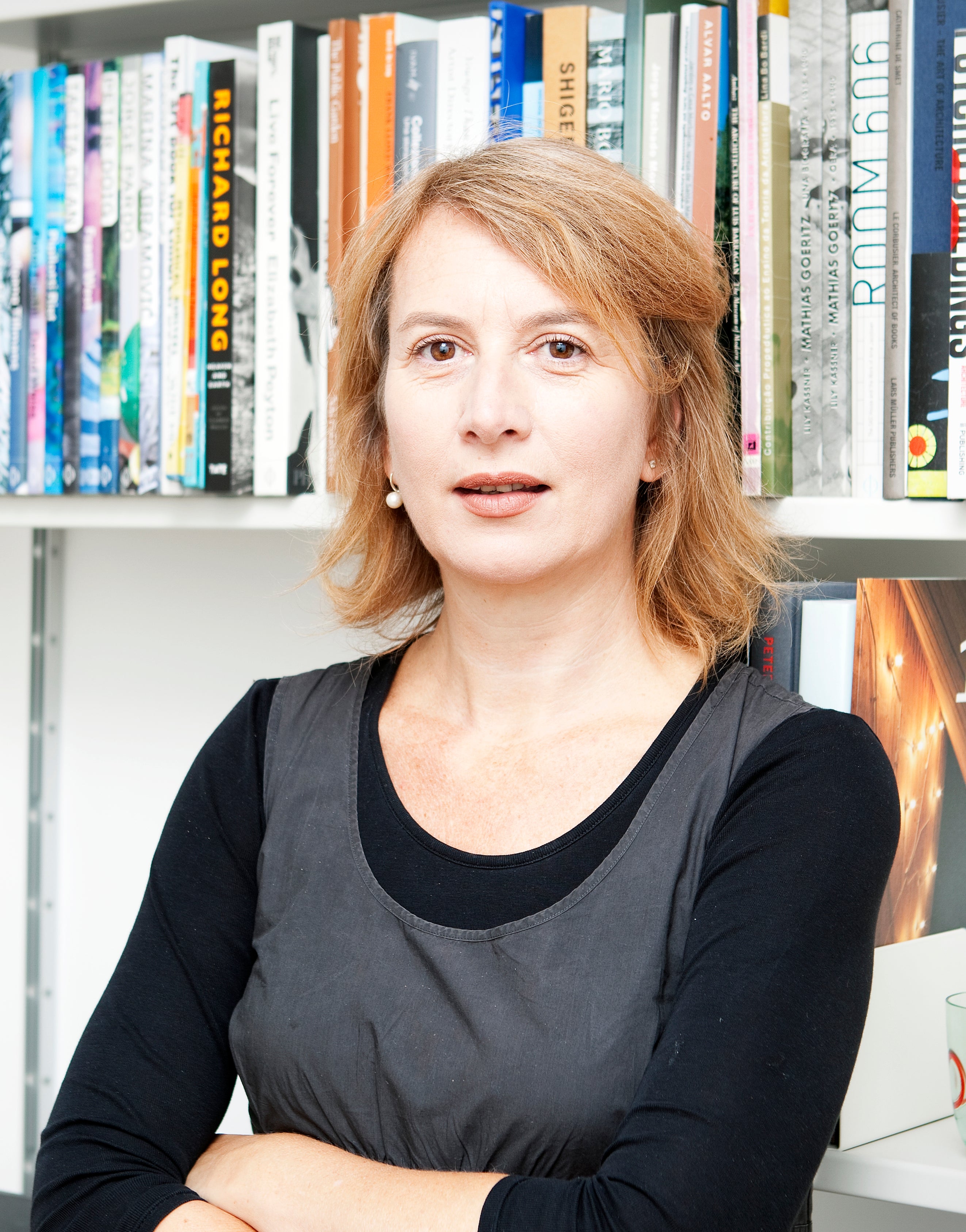Future Is Bright For Vegetarian Cookbooks

When a renowned global publisher like Phaidon Press decides to release three vegetarian cookbooks in the same year, it is cause for celebration—and time to take notice. “We wanted to make a statement that plant-based cooking is something deep and real, something that will continue,” says Emilia Terragni, Phaidon’s cookbook publisher.
We got to ask her some questions about Phaidon’s first (and impressive!) foray into the vegetarian cookbook market.
VT: How did you (and Phaidon) get started publishing cookbooks?
In 2005, Phaidon published its first cookbook, the English translation of the Italian cookbook The Silver Spoon. We literally stumbled into it while we were in a meeting with another publisher and asked if they had any other design books to show us – they’d been trying to sell the rights in English for four years. It was an enormous success—and still is. That’s when I thought, “Maybe we can do cookbooks.”
VT: How do you choose what cookbooks to publish?
It’s all about finding that special angle or innovation—the subject has to be worth doing a book about! For me a good cookbook proposal is one where I can see something that’s original but not for the sake of being different, something new you feel you can bring to the cookbook world. And I always ask, “Why do you need another cookbook like this one?” Kind of like in the design world, you have to ask, “Why do you need another chair?”
VT: What about the decision to publish not one, but THREE vegetarian cookbooks in 2016?
Well, we were really looking at the cookbook audience. More and more, people are turning to vegetarian recipes even when they’re not completely vegetarian – and being vegetarian is no longer considered a punishment!
VT: The three 2016 cookbooks are all very different. Can you talk about how they “made the cut” so to speak?
For The Middle Eastern Vegetarian, we approached Salma Hage who had done a cookbook on developing a book about vegetarian recipes. Middle Eastern cuisine has an incredible variety of vegetable dishes and the ways they treat and cook vegetables can be quite incredible.
The proposal for Raw was sent to me by a friend and when I received it, I was stunned by the quality of the recipes and the food. Solla Eriksdottir is in Iceland, which isn’t a country that’s known for its vegetables. But I think the more restraint you have the more creative you have to be. I liked her concept of preparing vegetables in a way that they retain all their vitamins and nutrients.
The Kitchenwas pitched to me by Olafur Eliasson and Alice Waters on practically the same day. At the Studio Olafur Eliasson in Berlin, they feed 90 people every day at their vegetarian canteen. There’s a whole philosophy behind the food and the canteen because they believe that good food makes you happier, cleverer and better at your work. I think it’s quite brave to have a canteen that’s completely vegetarian and I liked the idea of really elevating vegetables to the same level as any other product.
VT: Where do you see cookbooks going in the future?
I think there will be more and more focus on really authentic, really traditional cuisines and recipes that let you see the culture of the country through the food.
What’s next on the veg stage for Phaidon?
We have two new vegetarian titles for spring: Vegan: The Cookbook, the latest addition to Phaidon’s culinary bible series, and On Vegetables, by chef Jeremy Fox, the California chef who is redefining vegetable-based cuisine.